Web browsers are applications designed to enable users to surf the Internet. It is possible to browse the net without using the typical browsers that we have today but such a task will be undeniably less convenient by a long range. In light of that fact, browsers, being the most common gateway to our devices are network need to be safe. Safety, in this context, refers to security from phishing scams, intrusive tracking practices, malicious web content, and any other things that will dent the integrity of user data privacy policies and trust.
In today's article, we're shifting our attention to not just any browser, but the ones that are more secure than the rest. Such a feature is inherent in its secure design, security features, usability, update frequency, and privacy protection policy. Read on to find out the most secure web browser available for Linux systems today listed in no particular order.
1. Tor Browser
Tor (The onion router) browser is a security-first browser application designed with the onion routing protocol built into it. It was created to enable users to browse privately, explore the net freely, circumvent censorship, and defend against tracking and surveillance. Its features include a modern user interface, blocking trackers & surveillance, resisting fingerprinting, and multi-layered encryption, among others.

2. Firefox
Firefox is a private and profit-free security-centric web browser with features that enable it to protect users from surveillance and data theft without compromising performance. Its latest version, Quantum, ships with a crypto-jacking protection feature that prevents hackers from using JavaScript to hijack one's CPU for crypto mining. Firefox is open-source.
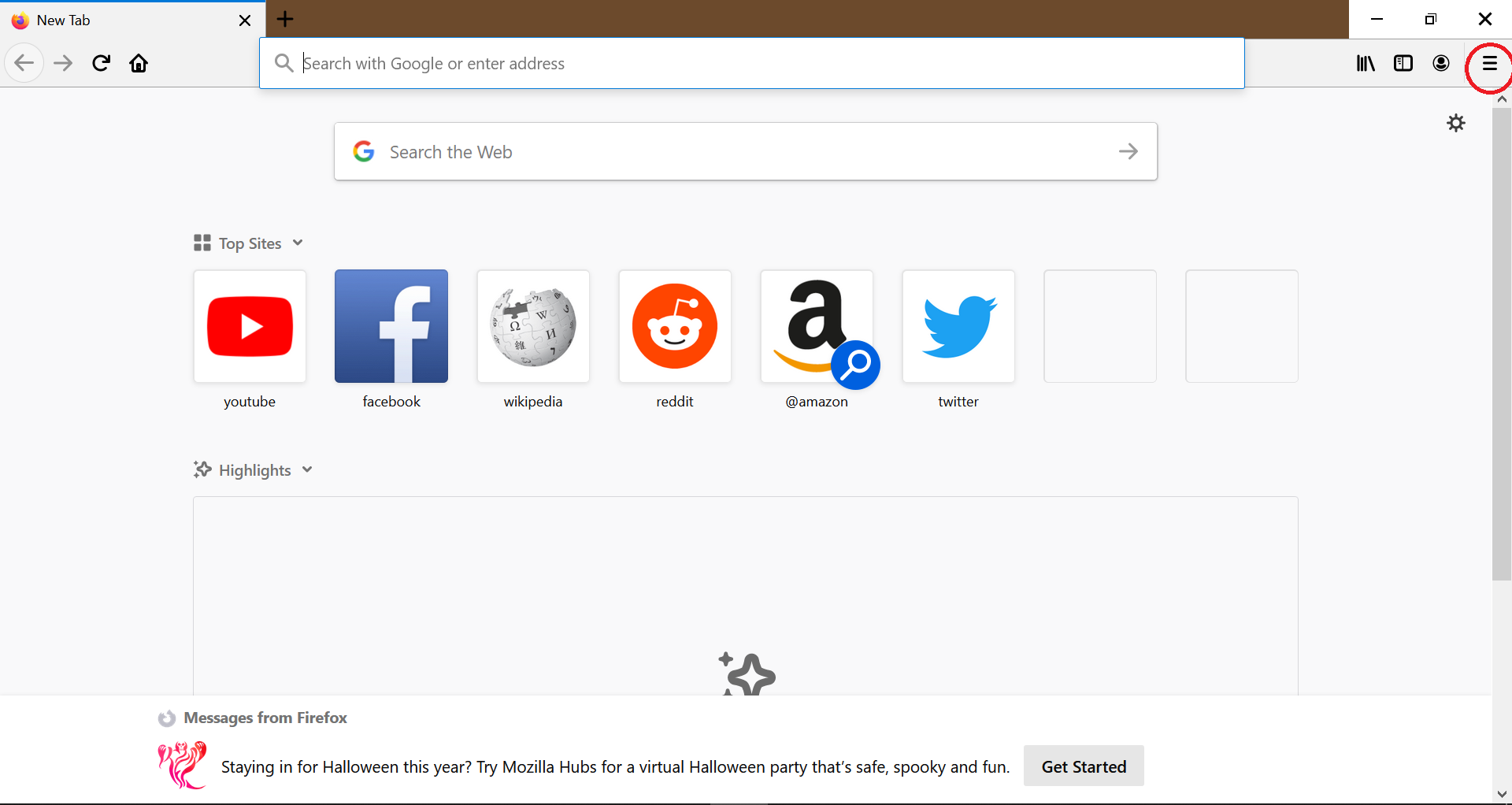
3. Brave
Brave is a Chromium-based, open-source browser that integrates several advanced features for speedy browsing performance as well as privacy protection. These include automatic HTTPS upgrading, strong sandboxing techniques, a built-in ad blocker, regular updates, Brave shields, etc.
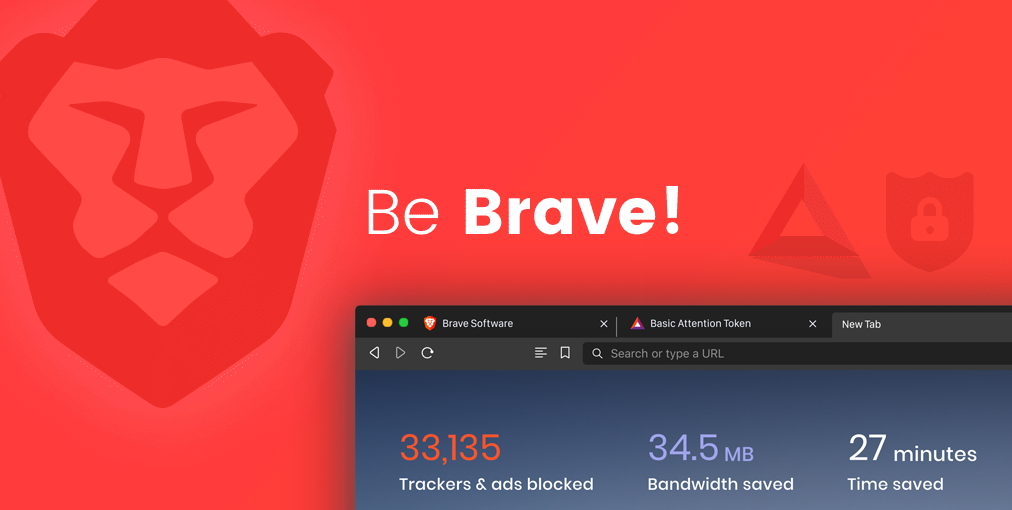
4. Vivaldi
Vivaldi is a relatively new browser designed to protect users from trackers, to block unwanted ads, and give complete data control to the rightful owners - the users. Its security features include a built-in ad blocker, secure end-to-end encryption for synchronization, and tracking protection.

5. Iridium
Iridium is a fast, Chromium-based, open-source security-focused browser built with transparency at the core of its design. According to the development team, all modifications have been made to enhance the privacy of users and to ensure that the latest technologies are in use. Features such as the automatic transmission of partial queries, keywords, and metrics to central services are prevented by default and occur only with the permission of users.
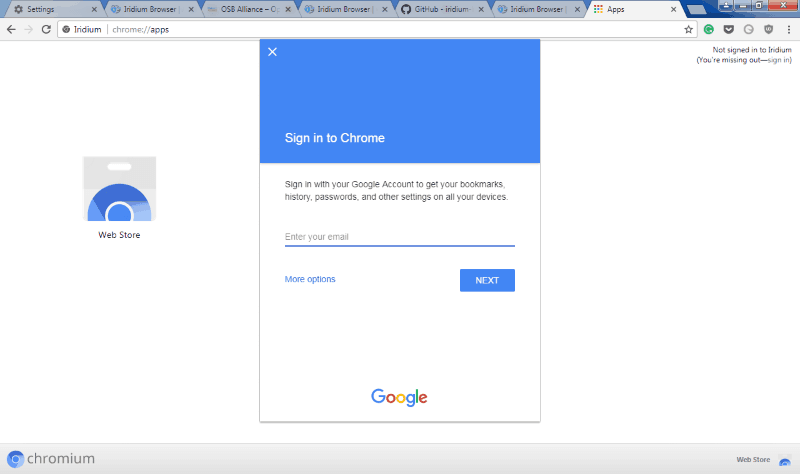
6. Epic Privacy Browser
Epic Privacy Browser is a free, private security-centric browser app designed to block ads, fingerprinting, crypto mining, trackers, ultrasound signaling, and other security and network-related attacks from Internet surfers. Among other features, Epic ships with a built-in VPN to protect users' browsing history from their ISP and other data collectors.
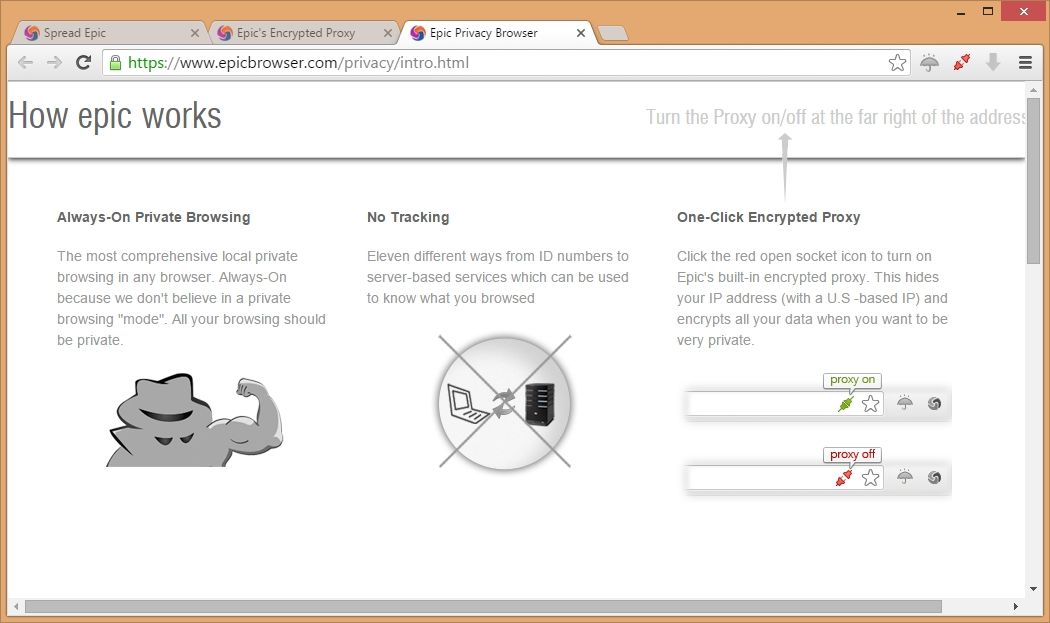
7. Pale Moon
Pale Moon is a free and open-source browser based on Firefox and customized for efficiency and customization as it offers a ton of configuration options and offers users blazing fast speeds. Pale Moon contains zero ads, no telemetry, data gathering features, or spyware and capitalizes on the best practices in the world of security today.

8. IceCat
IceCat is a free and open-source browser based on Firefox with several enhancements to boost security and privacy protection. These include LibreJS, HTTPS-Everywhere, fingerprinting countermeasures, and SpyBlock. IceCat has a memory-friendly usage statistic and ensures that all traffic going through it is not tailed.

9. Konqueror
Konqueror is KDE's very own web browser nick-named the swiss-army-knife for any kind of file management and file previewing. It supports web browsing using KDEWbKit or KHTML as rendering engines, supports different kinds of plugins, supports file management on FTP and sFTP servers, and uses most of Dolphin's features for its file management tasks.

10. Ungoogled Chromium
Last, but certainly not least is the open-source Ungoogled Chromium which is a fork of Chromium stripped of the Google privacy issues. It ships with several tweaks that enhance privacy, control, and transparency (although most of these features must be manually activated) without losing the typical Chromium experience.
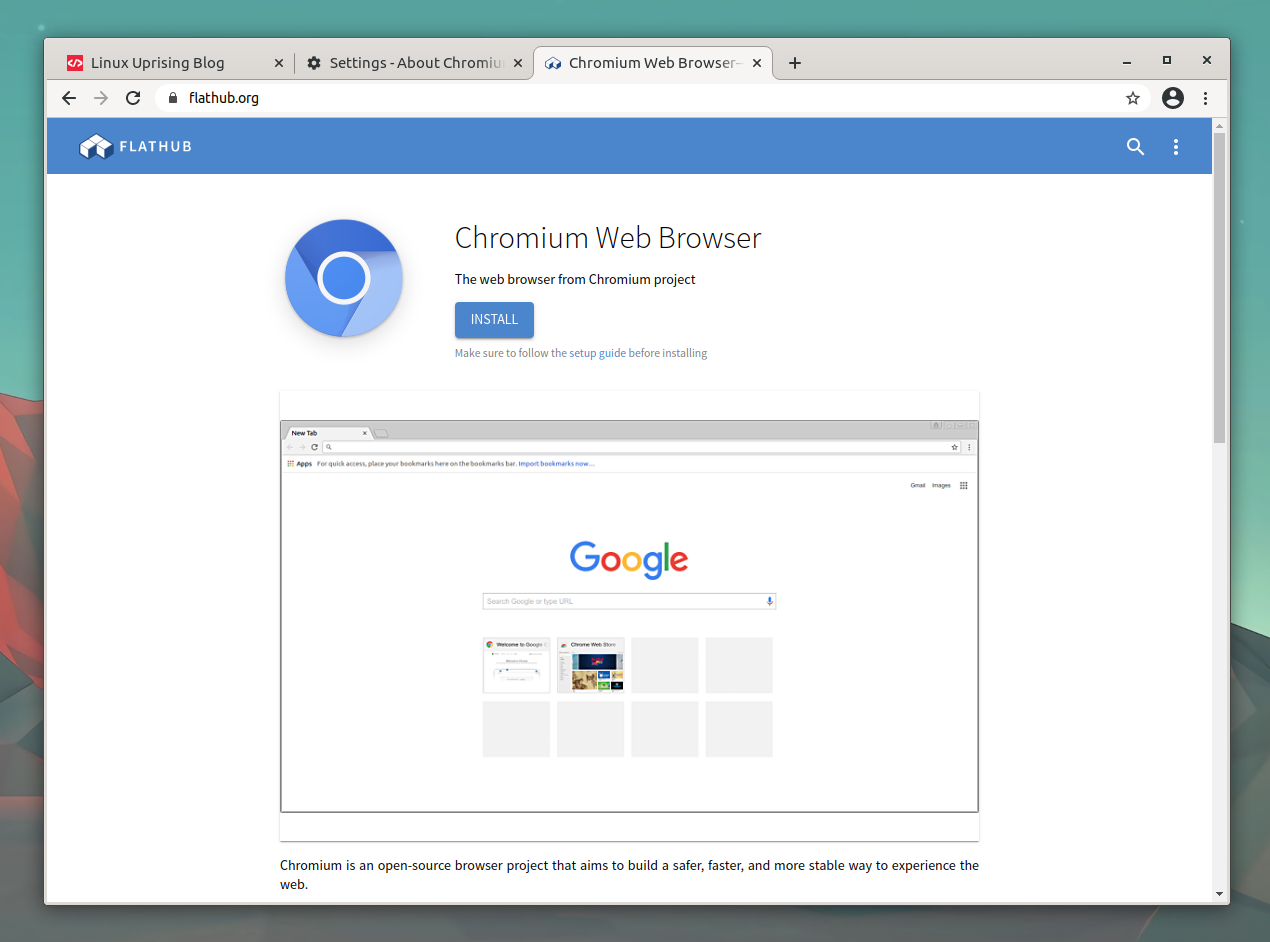
Conclusion
Depending on your browsing needs, you may want a browser app that comes with a built-in VPN, ad blocker, etc. It is possible you care more about your privacy and don't mind using a browser software with an archaic look & feel.
Whatever choice of app you decide on from this list, you can rest assured knowing that your browsing history, search keywords, visited products, etc. are safe with you. If you enjoyed this article consider signing up for our newsletter and don't forget to share it with people that would find it useful.

